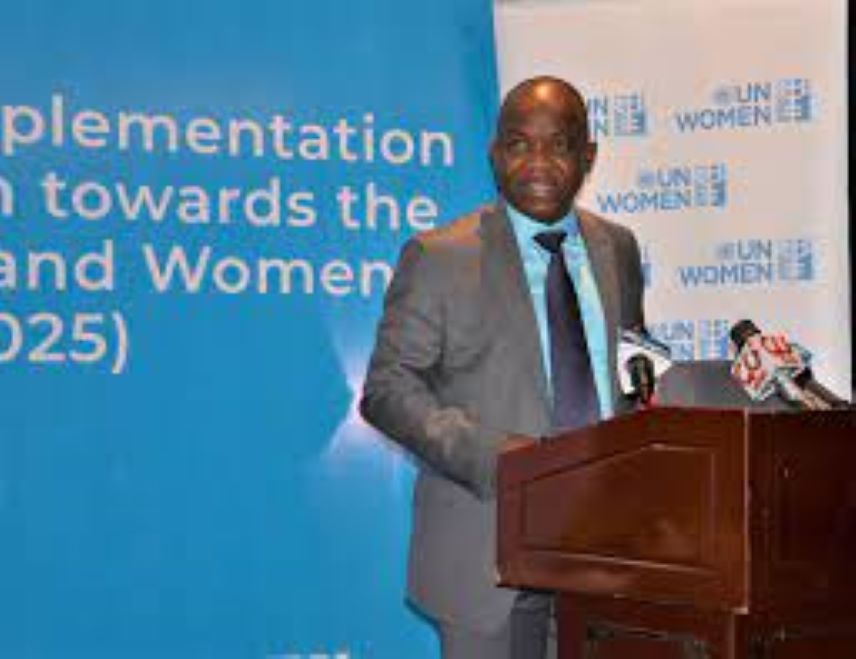By Hassan Zaggi
The United Nations (UN) Women Regional Director for East, West, and Central Africa, Maxime Houinato, has called on the President Bola Ahmed Tinubu-led Federal Government to commit specific percent of national budget and development funds to interventions that address gender disparity in Nigeria.
This, according to him, is to bridge what he described as the multisectoral gender gaps in Nigeria and thereby improve the standard of living for women and girls.
Dr. Houinato made the call when he visited the Minister of Budget and National Planning, Sen. Abubakar Atiku Bagudu, in Abuja,yesterday.
“Gender inequality is crippling the economy”, said Mr. Houinato, “Women are at the heart of human capital for economic development in any nation – health, education, agriculture, and business.
“Gender disparity and the suffering of women are having a detrimental impact on the building of that human capital which is at the centre of productivity and development,” he said.
It would be recalled that the regional director also echoed this during his meeting with the Director General of the Public Procurement Agency in Lagos where an AfDB/UN Women-assisted gender-affirmative procurement project is being implemented to promote participation of women-owned businesses in public and private procurement.
The DG, however, assured him of the government’s commitment to promoting best practices that enable women-owned businesses to access public contracts.
While meeting with the management of Nigeria Exchange Group, Dr Houinato requested that the corporation commit a percentage of its returns to gender-responsive interventions and encourage its clients to do the same.
Also, while in Lagos, the regional director was at a roundtable with women CEOs in Nigeria where a 25-million-dollar GBV fund was launched.
The fund will be a contribution from private sector organisations in Nigeria, to fund gender responsive interventions that will curb violence against women and girls and enhance women’s empowerment. Beatrice Eyong, UN Women Representative to Nigeria and ECOWAS, in her remark, stated that the financial implication of GBV is enormous and reiterated that if the prevalence of violence against women and girls reduces, family income and earnings will improve and so will the economy of the society at large.



